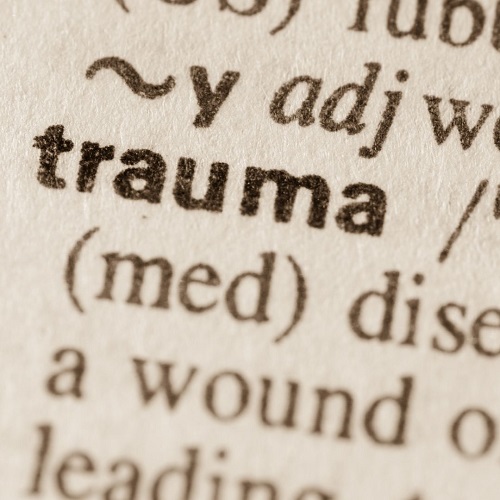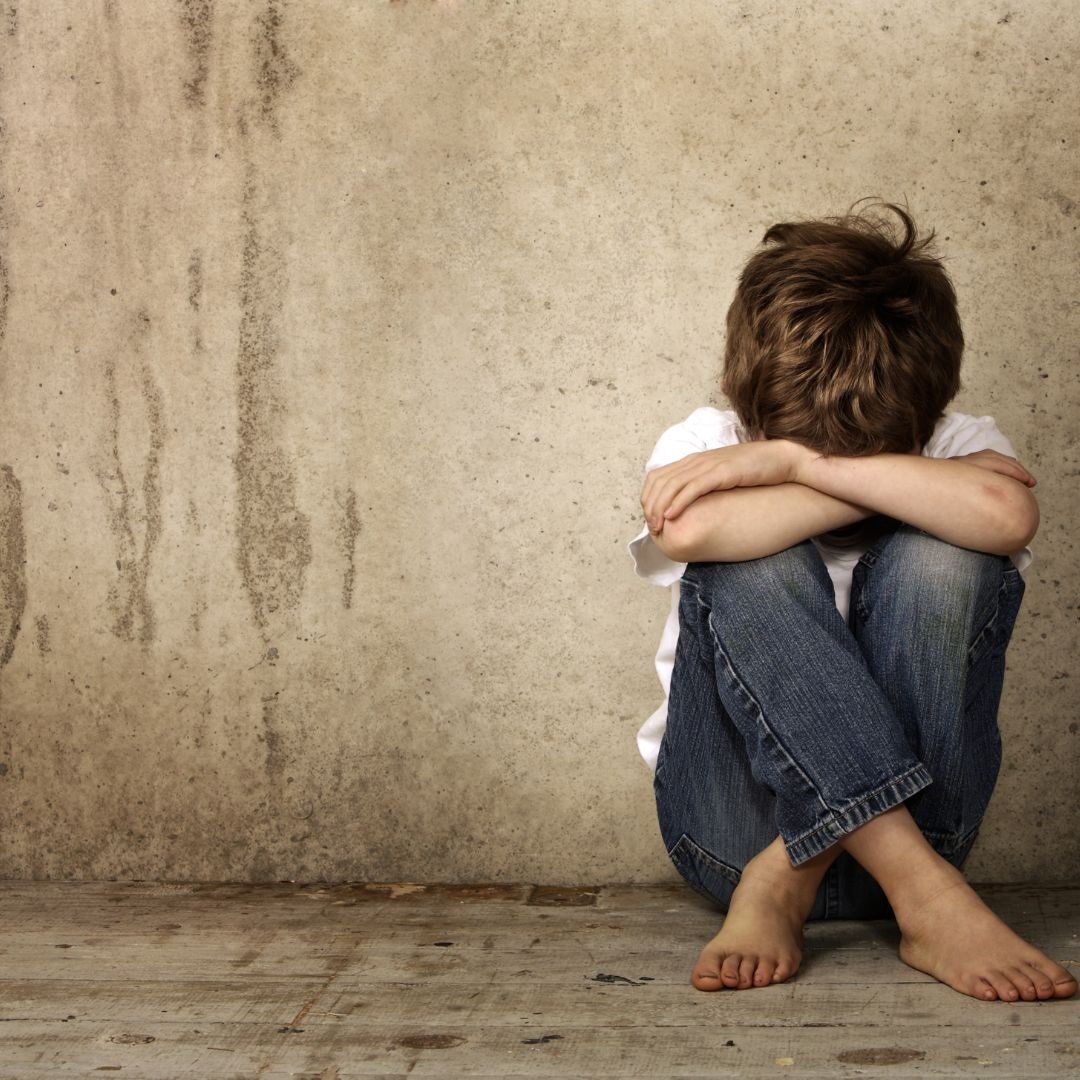Empowering Families Through Safety Planning

Creating Change Through Awareness, Advocacy, and Action
Safety planning is one of the most critical interventions we provide at Jannawi Family Centre. While it may seem like an obvious step, it is often overlooked or underutilized. Safety planning is a comprehensive and transformative process that goes beyond immediate physical safety. It explores the emotional, psychological, and situational factors that contribute to a person’s sense of risk and safety, laying the foundation for meaningful change.
Late last year, safety planning became a lifeline for a family grappling with the ongoing impacts of domestic violence.
The Process of Safety Planning
Safety planning begins with understanding the individual’s experiences, patterns of abuse, and responses to harm. It is a deeply collaborative process that includes:
- Identifying tactics of control and coercion.
- Reviewing past attempts at safety and resistance.
- Assessing physical risks and emotional vulnerabilities.
- Providing tools and strategies to mitigate harm, such as blocking contact or rehearsing responses to potential scenarios.
For one young girl, aged 15, safety planning became a turning point.
A Story of Courage
The girl, one of three siblings, had been experiencing psychological and verbal abuse during contact visits with her father. Her younger sisters had already refused to see him, but she continued to attend out of a sense of obligation and the occasional benefit of receiving food or money.
After her most recent visit triggered a panic attack, she met with Jim, a worker at Jannawi, to explore her feelings and options. During their conversation, she reflected on what she truly gained from these visits and realized there was nothing of value apart from material items.
With Jim’s support, she was given permission to end contact with her father. Jim showed her how to block him on her phone and WhatsApp, giving her immediate relief and a sense of control. She said this action provided her with “a lot of comfort.”
Advocacy and Action
The girl’s session also focused on helping her understand what she deserves—love, respect, and safety—and recognizing that her father’s behavior was unacceptable. A DCJ Helpline report was made due to the risks the family faced, and further actions were taken when the girl disclosed physical abuse to a friend and school staff.
Her disclosure led to a police report, the issuance of an AVO, and charges against her father. Contact has now ceased, and steps are being taken to protect the mother and her three daughters.
The Power of Empowerment
At Jannawi, we believe safety planning is not just about addressing risks but about empowering individuals to take control of their lives. For this young girl, the ability to end contact with her father and share her story marked the beginning of a safer, more hopeful future.
Safety planning is more than a conversation; it is a pathway to change. By addressing the root causes of harm and providing actionable steps, we give families the tools to navigate challenging situations and reclaim their sense of safety and dignity.


